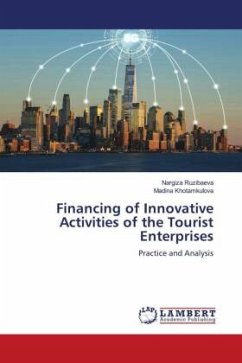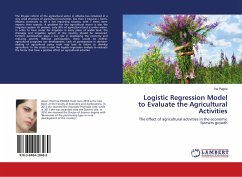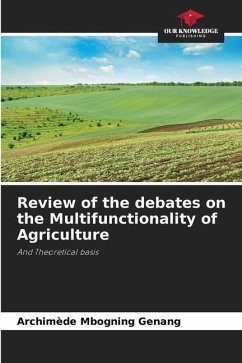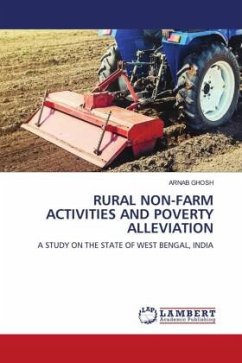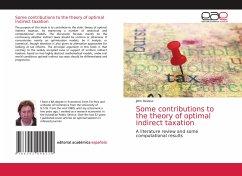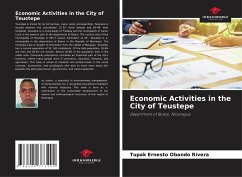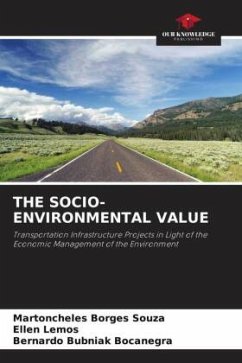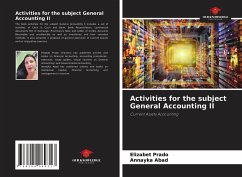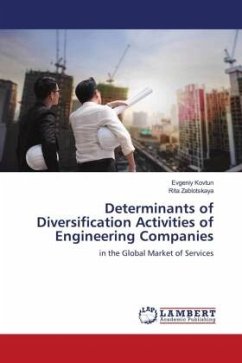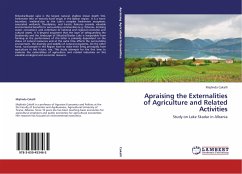
Apraising the Externalities of Agriculture and Related Activities
Study on Lake Skadar in Albania
Versandkostenfrei!
Versandfertig in 6-10 Tagen
41,99 €
inkl. MwSt.

PAYBACK Punkte
21 °P sammeln!
Shkodra/Skadar Lake is the largest natural, shallow (mean depth 5m), freshwater lake of tectonic-karst origin in the Balkan region. It is a trans-boundary wetland due to the Lake's complex freshwater ecosystem, associated wetlands, floodplains, and karstic features provide valuable environmental benefits to surrounding communities (e.g. fisheries, drinking water, recreation), and contribute to national and regional economic and cultural assets. It is beyond argument that the issue of safeguarding the biodiversity and the landscape of Shkodra/Skadar Lake is inseparable from farming as the perfo...
Shkodra/Skadar Lake is the largest natural, shallow (mean depth 5m), freshwater lake of tectonic-karst origin in the Balkan region. It is a trans-boundary wetland due to the Lake's complex freshwater ecosystem, associated wetlands, floodplains, and karstic features provide valuable environmental benefits to surrounding communities (e.g. fisheries, drinking water, recreation), and contribute to national and regional economic and cultural assets. It is beyond argument that the issue of safeguarding the biodiversity and the landscape of Shkodra/Skadar Lake is inseparable from farming as the performance of this latter is primarily dependent on the status of natural resources and at the same time affects the surrounding environment, the diversity and stability of natural ecosystems. On the other hand, rural people in this Region have to make their living principally from agriculture in the future, too. This study attempts for the first time to evaluate the externalities of agricultureand related industries on this valuable ecological and economic resource.



